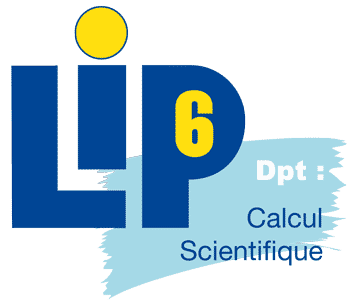

Members
Former participants
Supports
Presentation
Working group on Fridays at LIP6.
Random sampling is important in domains with enormous volumes of data, for example networks resulting from the interaction of real entities (computer, sociological, biological networks); in this case, random generation allows to compare models, evaluate their adequacy with real data.
Boltzmann model develops a generic approach for random generation of decomposable structures, i.e. structures that can be specified using combinatorial constructions such as Union, Product, Sequence, Cycle, Set.
Theoretical as well as practical results show that the complexity of generation is linear as soon as small variations in size are allowed, thus showing a gain of several orders of growth, compared to concurrent generic methods.
Our aim is to propose extensions for the generic model, specific optimizations and implementations for special classes, as well as applications to intensively generating objects for testing in different areas of computer science.
Extensions develop in different directions : control of numerical approximation, use of discrete algorithmics for distribution laws,, multicriteria generation, treatment of other constructors or objects. The objective is also in implementing libraries of different types: optimization for the generic method as well as dedicated programs for particular classes of objects and for specialized applications.